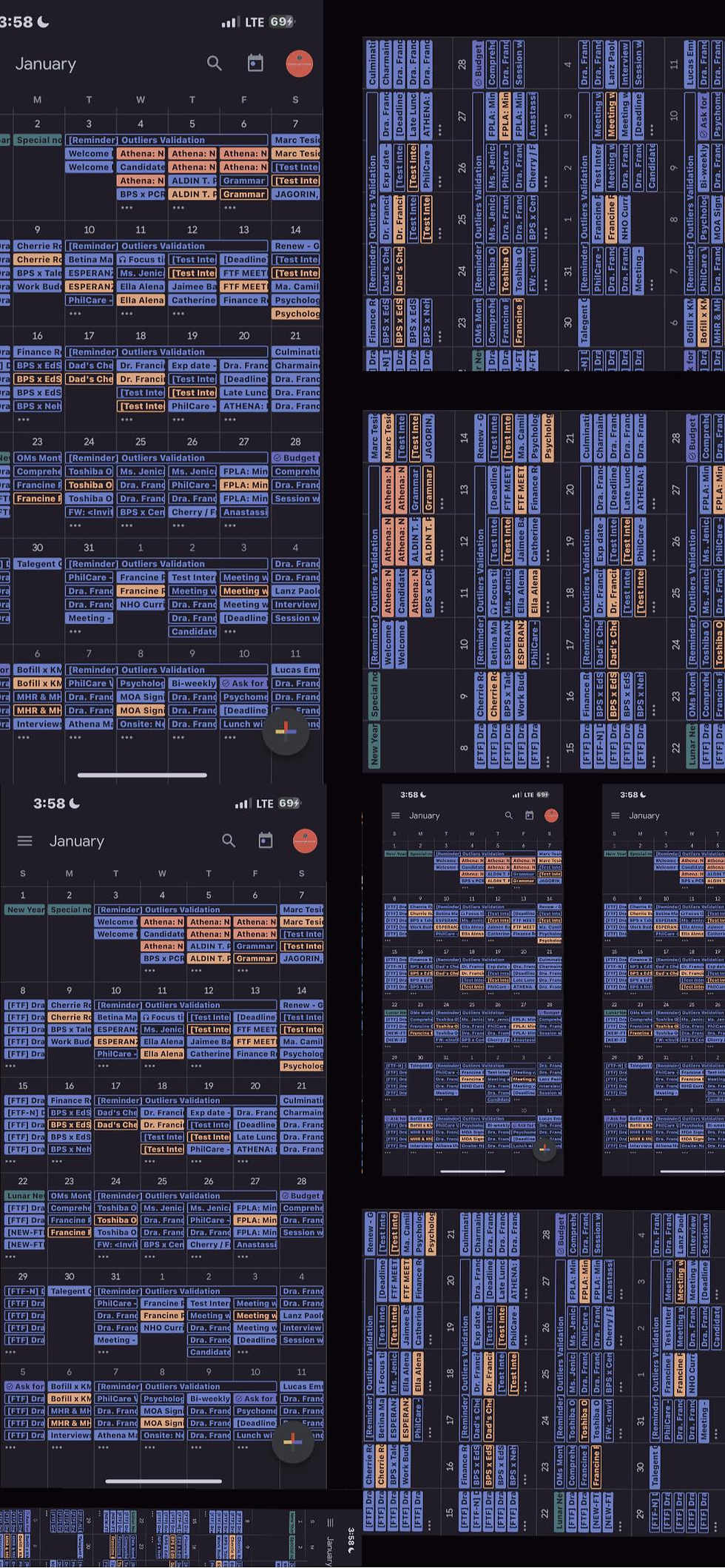From Nostalgia to Solastalgia: How Climate Change Affect Mental Health
- Jan Macy Marcelo
- Sep 21, 2022
- 4 min read

“Who died?”
“Almost everyone.”
This is how devastated Filipinos feel since the COVID-19 pandemic started in the Philippines. It has already been two years and the number of cases has finally decreased. Sadly, its effect on the mental health of Filipinos is unimaginable. Whether one may take it literally or figuratively, almost everyone died due to this pandemic. It is either their lives themselves or their hope for the life that has been taken.
They may say that it is the worst global crisis that happened in their lives, but little did people know, that there is a global crisis that they have already been dealing with before and will continue to do so after this pandemic - it is climate change.
Filipinos have experienced an immense feeling of nostalgia for being in lockdown. It is when they started to resort to taking care of plants and called themselves plantita. This has become a national trend yet most people are still selective. There are still a lot of plants out there in the streets, that outside of the buildings, and in other places that are being stepped on, ignored, and worst, being burned. A larger movement is needed than just being a plantita. It brought them a healthy psychological impact, but the reality is, that this is just temporary.
Everyone is not overly concerned about this matter yet. However, there are now some people who are suffering from solastalgia. It is a concept discussed by Dr. Oliver Sta. Ana, the chair of Environmental Psychology SIG-PAP in the Philippines, last May 7, 2021, during the Psychological Association of the Philippines – Junior Affiliates Convention. It refers to the emerging form of depression or distress caused by environmental change, such as climate change, natural disasters, extreme weather conditions, and other negative changes to one's surroundings or home. It was supported by the research of Dr. John Jamir Benzon Aruta 2019, a professor at De La Salle University - Manila, where people’s experiences with the natural environment play a fundamentally important role in addressing the six (6) existential anxieties on identity, happiness, isolation, meaning in life, freedom, and death. All of these are part of the so-called Eco-Existential Positive Psychology and this explains why the environment has a psychological effect on people.
Clayton & Karazia (2020) as cited by Sta. Ana (2021) stated that people with high concern for the environment tend to experience climate anxiety, which is also associated with solastalgia. It is also reported that it is prevalent among younger adults (APA, 2018, as cited by Sta. Ana, 2021). This is due to the current climate issues that people are experiencing and that these young adults and their entire generation will primarily suffer from climate consequences that all individuals have caused. Last year in 2019, it has been reported that the scientists informed the Secretary-General of the United Nations during the General Assembly that the people only have a few years left to save the planet from climate catastrophe. In particular, by 2030, the effects of climate change will be irreversible. The opening remarks of the said assembly even started with this statement, “We are the last generation that can prevent irreparable damage to our planet.”
In our local setting in the Philippines, it is argued by Sta. Ana (2021) that most of Filipinos do not attribute the typhoons we experience to climate change. It has also suggested that Filipinos should aspire to foster a culture where the environment needs no protection and where people can co-exist without destroying nature. If only people will look at it as an environmental crisis, maybe after this COVID-19 pandemic, it may finally be addressed.
These emotionally and psychologically-triggering events happening in the country scared people to death and made them feel so helpless. At the same time, most of them painfully yearn to go back and seek to have what they had years ago – a desperate feeling of nostalgia, not a depressing state of solastalgia. But the ultimate question lies in “How do we move forward?”.
To live on this planet is to synergize with all that it has - both with the living and nonliving. By the time people learn to live that way, it might be already too late and this is truly scarier than death. Hopefully, the next generation will not exchange conversations like this:
“Who will die?”
“Everyone.”
REFERENCES
Aruta, J. R. (2021). The Role of Nature on Mental Health. Psychological Association of
the Philippines – Junior Affiliates 2021 Convention, Learning Session 2.2 [Online Convention].
Sta. Ana, O. B. (2021). How the Environment Influences Our Behavior and Wellbeing.
Psychological Association of the Philippines – Junior Affiliates 2021 Convention, Learning Session 2.2 [Online Convention].
United Nations. (2019, March 28). General Assembly 73rd Session, High-Level Meeting
on Climate and Sustainable Development – GA/12131 [Meetings Coverage and Press Releases]. https://www.un.org/press/en/2019/ga12131.doc.htm.
Verzosa, L. (2021). Bloom with Grace: Flourishing Amidst the Gloom of the Pandemic.
Psychological Association of the Philippines – Junior Affiliates 2021 Convention, Learning Session 2.3 [Online Convention].




Comments